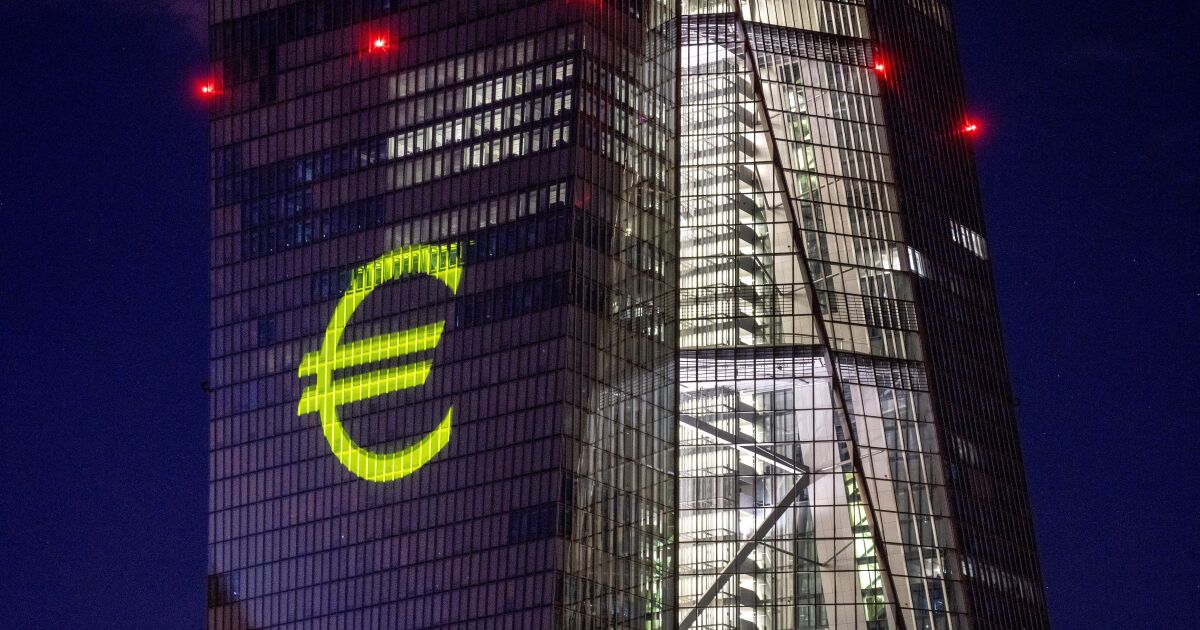Inflation hits new high in Europe, slowing economy
Inflation hit a new high in the 19 countries that use the euro, fueled by runaway natural gas and electricity prices due to Russia’s war in Ukraine. Economic growth has also slowed ahead of what economists fear is a looming recession, largely due to higher prices sapping Europeans’ ability to spend.
Annual inflation hit 10.7% in October, the European Union’s statistical agency Eurostat reported on Monday. This is up from 9.9% in September and the highest since statistics began to be compiled for the euro zone in 1997.
Natural gas prices soared following the invasion of Ukraine as Russia cut pipeline supplies to a trickle of pre-war levels. Europe has had to resort to expensive shipments of liquefied gas by ship from the United States and Qatar to keep generating electricity and heating homes.
While liquid gas has managed to fill Europe’s storage for the winter, rising prices have made some industrial products such as steel or fertilizers expensive or simply unprofitable to manufacture. Consumer purchasing power has been depleted in stores and elsewhere as more income is used to pay fuel and utility bills.
Natural gas prices for short-term purchases have eased recently, but remain elevated in markets for months to come, suggesting that expensive energy could be a lingering drag on the economy. A survey of professional forecasts last week by the European Central Bank showed inflation expectations for next year rose to 5.8% from 3.6% expected three months ago.
The inflation epidemic has been an international phenomenon, driving prices to nearly 40-year highs in the United States as well.
Eurostat figures showed that food, alcohol and tobacco prices increasingly joined energy prices as a major contributor, rising by 13.1%, while energy prices rose 41.9%.
The economy, which had rebounded from the COVID-19 pandemic, grew 0.2% in the July-September quarter, slowing from 0.8% in the second quarter. Economists say one of the main reasons is rising prices, and many predict the economy will contract in the final months of this year and the first part of next year.
Rising inflation sent a chain of jolts through the economy.
This led the European Central Bank to raise interest rates at the fastest rate in its history with two three-quarter point increases at its October 27 and September 8 meetings. This has pushed up borrowing costs in the market for businesses and governments and raised fears that the war on inflation will hurt growth.
Meanwhile, higher bond market costs for governments remain a concern for heavily indebted eurozone countries like Italy.


Comments are closed.